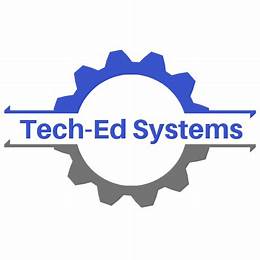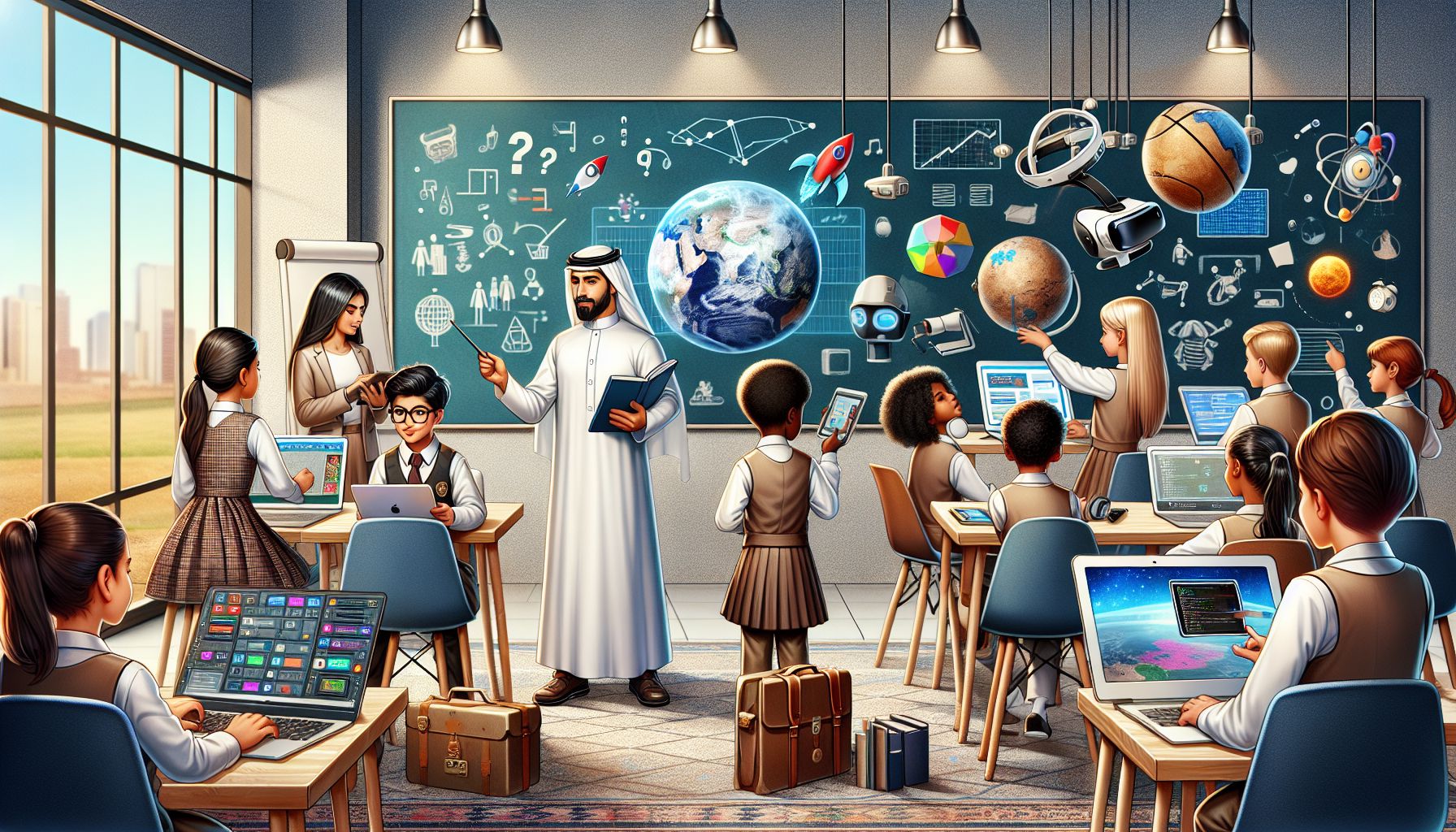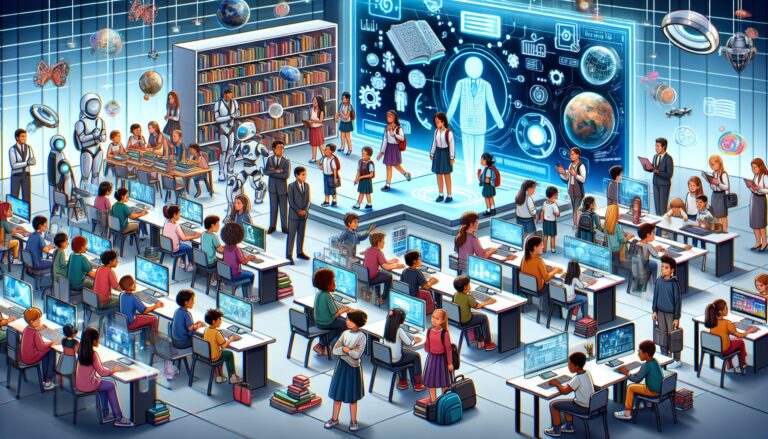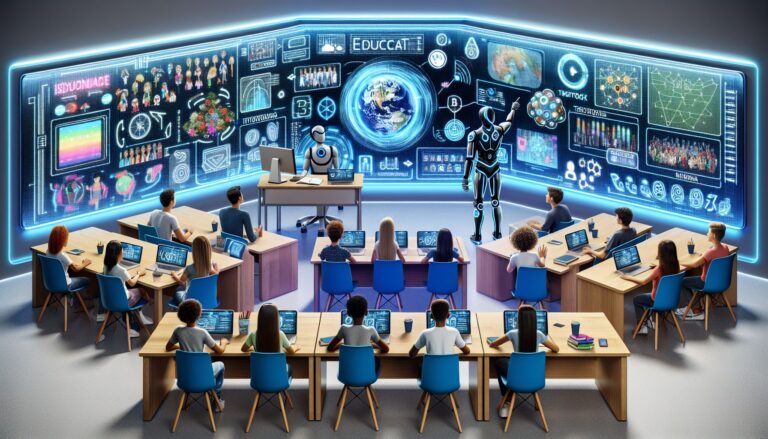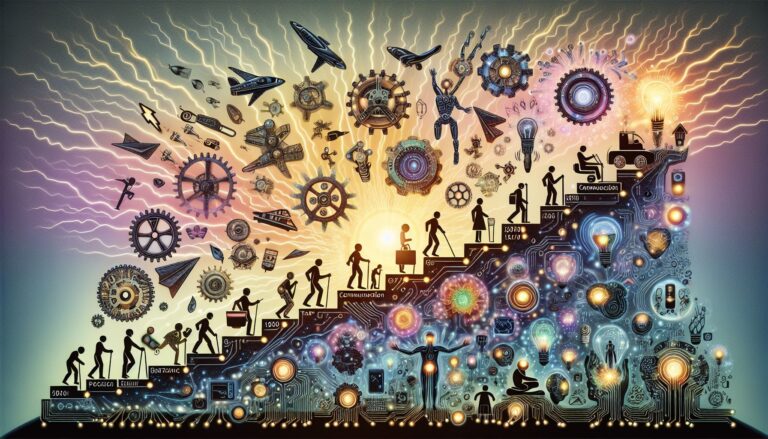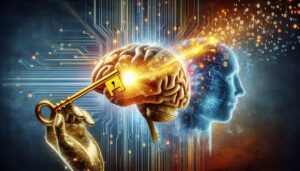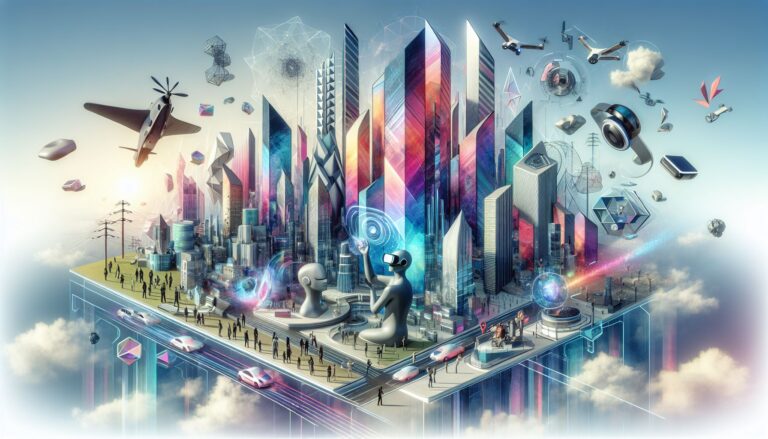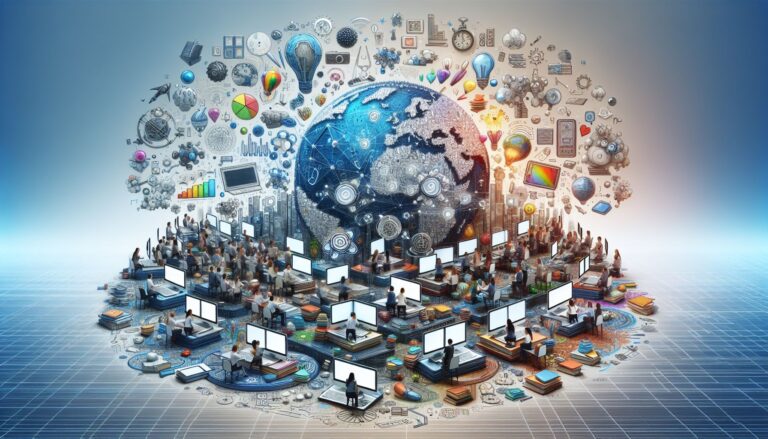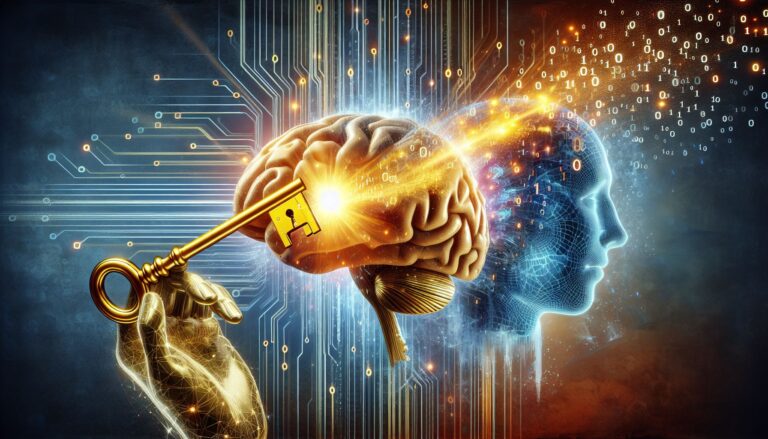In an age when technology courses through the veins of society, catalyzing metamorphoses with every pulse, the educational landscape is experiencing a profound transformation. Gone are the days when chalk dust and the creaky sounds of an overhead projector defined learning spaces. Instead, digital innovations have furnished classrooms with tools that not only redefine the bounds of knowledge but also enrich the tapestry of pedagogy. The voracious appetite of tech progress doesn’t merely nibble at the edges of traditional education systems; it invites us into the banquet hall of a new era.
As we navigate the deluge of emerging technologies, it’s indispensable to grapple with their societal and ethical implications, particularly within the realm of education. Digital tools, from smart whiteboards to educational apps, promise an era of unprecedented access to knowledge. However, they also carry the weight of digital divides and privacy concerns. The integration of such tools within classrooms worldwide exposes a glaring disparity—a chasm between those who can readily bat an eye at sophisticated gadgets and software, and those for whom such resources are the stuff of science fiction. This dichotomy poses a significant challenge to educators and policymakers alike; the future of education hinges on its capacity to bridge this divide.
Moreover, the transition to online learning, a necessity thrust upon the world by unforeseen circumstances, has peeled back layers of convention to reveal a tumultuous yet innovative scope. Imagine a classroom unbounded by walls, where the echo of a teacher’s voice transcends continents. The potential for global interconnectivity in learning is staggering, yet it teeters on the fulcrum of equity and accessibility. Online platforms are redefining the nature of teacher-student interactions—conversations once confined to scheduled hours now meander into the digital realm, spanning time zones and blurring the lines of formal education.
Yet, with these advancements come significant challenges. Cybersecurity threats brood ominously over the exchange of personal data, and the screen-mediated interaction raises concerns about the erosion of social skills. How do we equip the upcoming generation with the means to not only thrive in an increasingly digital world but also retain the essence of human connection? The responsibilities of educators evolve accordingly; they are no longer just purveyors of knowledge but also guides through the labyrinth of digital literacy and ethics.
As we stand at the precipice of this educational revolution, the horizon is ablaze with possibilities. The classrooms of the future might be unrecognizable to us now—pulsating with artificial intelligence, virtual and augmented realities serving as the new pillars of experiential learning, and data-driven methodologies crafting bespoke educational experiences for each learner.
This is a journey with a trajectory as unpredictable as it is exhilarating. Educational paradigms are shifting under the weight of digital prowess. Yet, with thoughtful navigation, embracing the tech trends of our times can usher in a new epoch of learning—a digital renaissance where knowledge is both boundless and inclusive. As we chart this voyage, the role of educators transforms, molding the architects of tomorrow’s world. Together, we embark on crafting a future where education transcends the conventional, unlocking potentials hitherto unimaginable, shaping minds capable of steering the helm of this ever-evolving digital odyssey.
